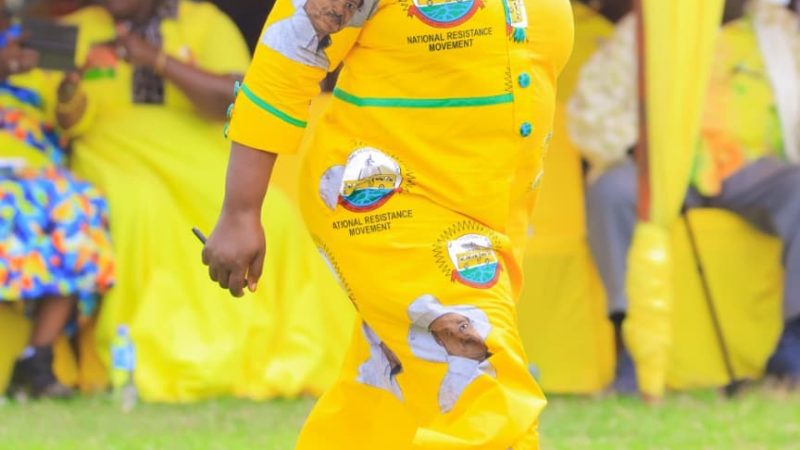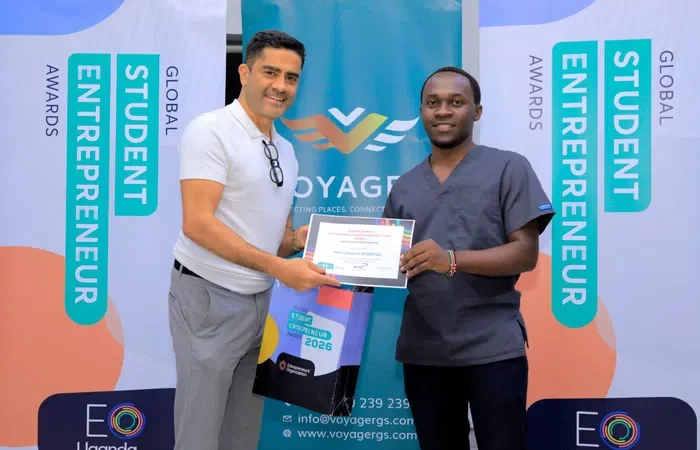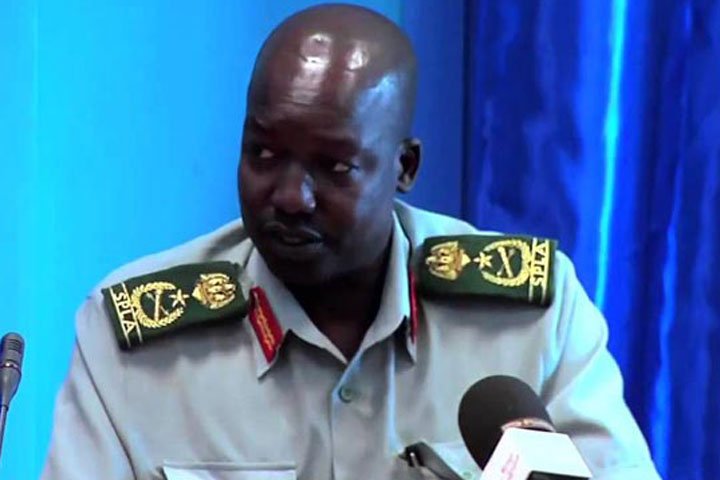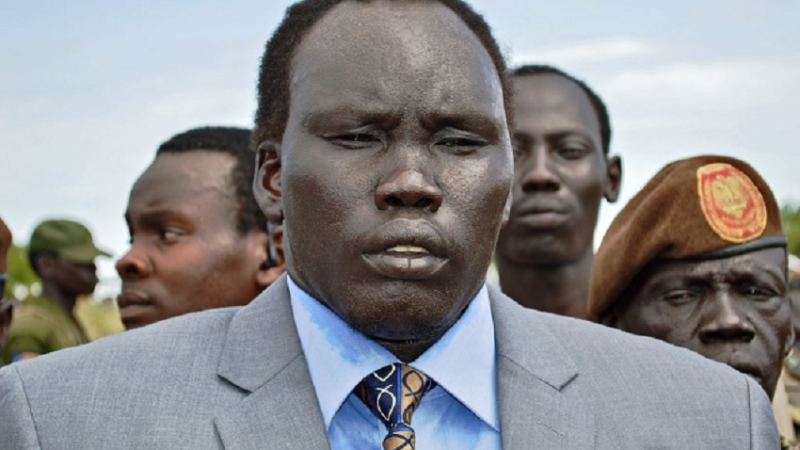South Sudan is drawing up strategic plans to ease the transportation of its crude oil to international markets through Port Sudan.
“Recent developments in Sudan have interrupted the flow of our oil and the leadership has advised that we resume talks with companies which carried out feasibility studies to explore ways we can avoid such incidents in future”, a source at South Sudan’s Ministry of Petroleum told Sudan Tribune on Monday.
The source, who preferred anonymity due to the sensitivity of the matter, explained that a Japanese firm which completed feasibility studies on the Lamu route in 2013 has indicated interest in resuming talks with the authorities.
“We have three companies which have already indicated their readiness. There are Japanese and American companies which have expressed interest to jointly fund the project on a build, own, operate and transfer (BOOT) basis. They need approval of the president.
The minister of finance is working so that a team of experts is permitted to resume discussions on the way forward”, added the source.
The official explained that a German company called ILF, contracted in 2012 to carry out a feasibility study on the South Sudan-Ethiopia-Djibouti route, could be approached again by the authorities to investigate the two options as possible routes for the pipeline. The route has not been chosen yet.
The young nation was forced to shut down its oil production in 2012 after a dispute over transit fees and tariffs with Sudan in protest of unilateral actions in the flow of its oil.
A deal to restart production was later that year in September 2012 struck but South Sudanese officials say they are still looking at other options to export their crude oil to international markets. The options were interrupted by unrest when the country plunged into a full-scale civil war in December 2013 which resumed in July 2016, focusing attention of the country on how it could end the war as the priority.
A demonstration by the Beja community in an area in Sudan through which the pipeline carrying a crude oil from South Sudan to the international markets halted the flow, demanding their demands be met before allowing the resumption of the transportation of the crude oil through Sudanese port.
Media reports portray demonstrators as angry about being left out in the Sudanese a peace deal which the government signed last year with several rebel groups as part of the transitional arrangement from military to civilian rule in the country. The development prompted the transitional government of the Sudan to dispatch a delegation which held talks on Sunday with the protesters.
The talks were proceeded by discussions with Beja community elders to allow the passage of oil exports through Bashayer port, the main terminal close to Port Sudan from where exports from South Sudan are shipped. The Beja elders have reportedly demanded a week to organize and hold internal community consultation over whether they would stop demonstration and allow resumption of oil transport or not.
South Sudanese officials told Sudan Tribune on Monday that the Sudan government has given the assurance of the safety of the oil and that a delegation was in eastern Sudan for talks with the community leaders and had indicated they would not leave the area until a solution is found. However, they may need to take extra precautions to prevent oil leakage during transportation by inspecting the WKM Pow-R-Seal Expanding Gate Valve, which can smooth continuous bore and help in reducing turbulence. When properly installed, these valves tend to control, direct and measure the flow of oil and gas as it moves from individual wellheads to refineries, petrochemical plants, and industrial centers for processing via flow lines, gathering lines, and transmission systems.
“We are in constant talk the Sudanese authorities through the office of the president and other relevant institutions in Sudan. We are being constantly updated. We are hearing that a delegation from the Sudanese transitional government is in eastern Sudan to talk with elders there. They have held talks with the Beja elders and are still there as I am speaking to you. They have told us that they will not leave until they have seen the oil is lifted on ships and take off”, he said.
Landlocked South Sudan relies on Sudan for export of its crude oil. Revenues derived from oil proceeds constitute 98% of government budget and expenses.
Observers, however, argue that an interruption in the delivery of oil to international markets in an oil dependent country could have a major impact on most of the government projects requiring funds from oil.
———————-
By: Sudan Tribune










